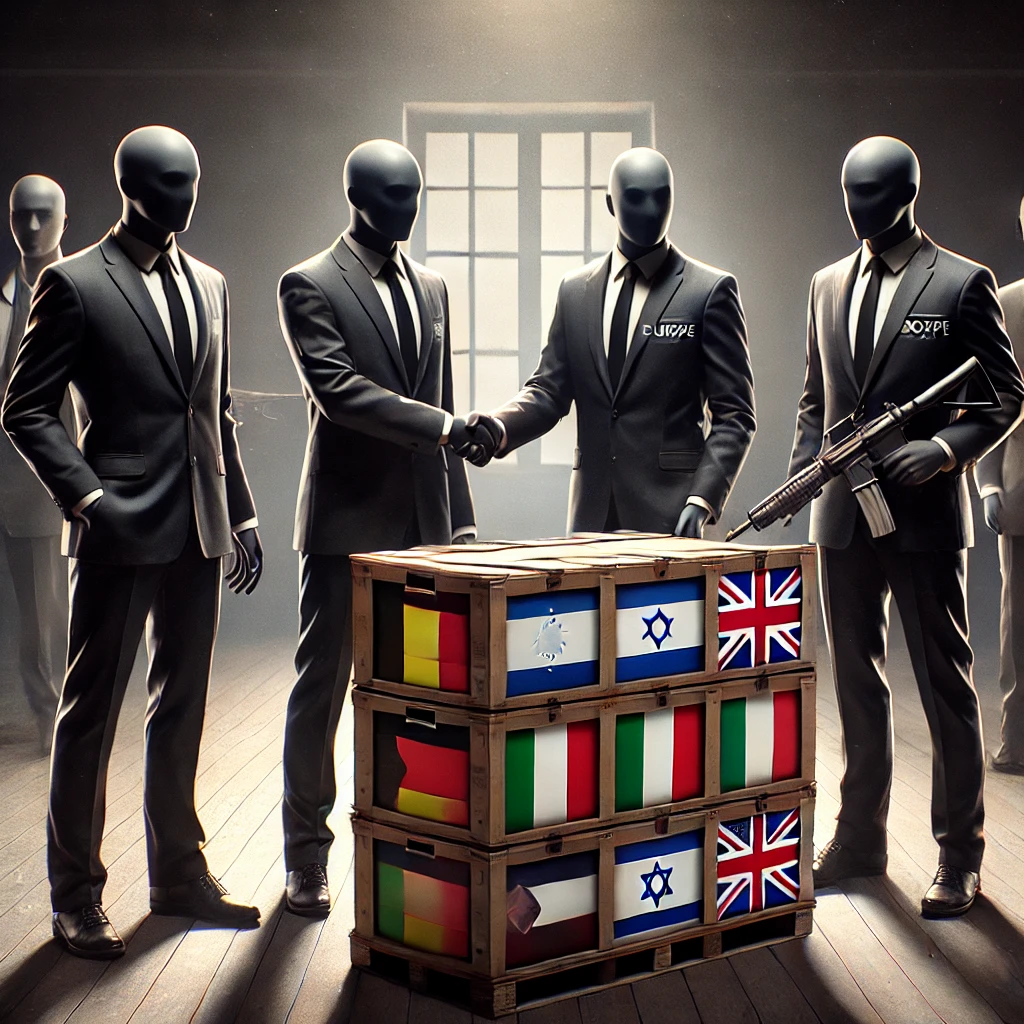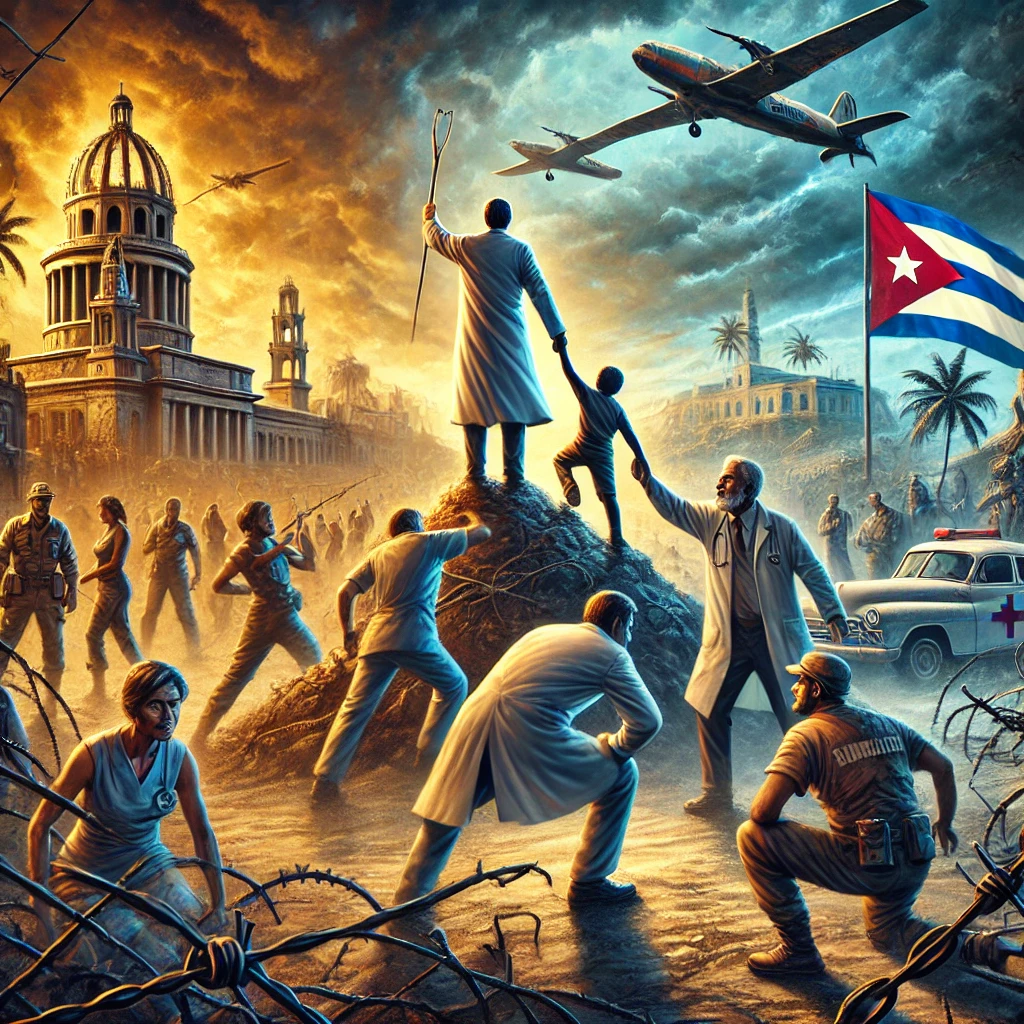Recent investigations and media reports reveal that certain European countries are continuing to provide weapons to Israel through third-party nations and clandestine deals, despite publicly announcing a halt in arms sales. This troubling trend raises significant concerns about transparency and accountability within the international arms trade.
Countries such as Belgium, the Netherlands, Italy, and the United Kingdom have officially suspended their arms exports to Israel following the start of Tel Aviv’s military offensive in Gaza on October 7, 2023. This offensive has resulted in the deaths of over 38,800 Palestinians and widespread destruction in the region. Despite these public declarations, private companies within these nations have allegedly continued to sell weapons to Israel, effectively bypassing government-imposed restrictions.
For instance, the UK government maintains that it has not directly supplied arms to Israel since the onset of the Gaza conflict. However, reports indicate that private British firms have continued to engage in arms deals with Israel. The opacity surrounding these transactions complicates efforts to trace the flow of weapons and raises questions about the effectiveness of governmental oversight in preventing such sales.
In Italy, a similar situation unfolds. Although the country is legally required to halt arms supplies to Israel, data from Italy’s Customs Agency suggests otherwise. According to a report by Altreconomia, Italy exported arms and ammunition to Israel between December 2023 and January 2024, casting doubt on Rome’s adherence to its own legal frameworks. This example highlights the challenges in ensuring that national laws are upheld in the context of international arms trade.
Norway, a country with strict laws prohibiting arms sales to nations engaged in conflict, also finds itself implicated. Media reports indicate that Israel has acquired weapons from a U.S. subsidiary of a defense company in which the Norwegian government holds a 50% stake. This indirect involvement through a third-party subsidiary exemplifies the complexities of the global arms trade, where the lines of accountability are often blurred.
The situation in Cyprus further underscores the use of third-party nations as intermediaries in arms transactions. The Greek Cypriot administration, while appearing to be a minor supplier of arms to Israel, is allegedly being used as a military stockpile site by Western nations. These stockpiles are then accessed by Israel, effectively enabling the continued flow of weapons to the region despite official restrictions.
A particularly striking example of third-party involvement is the British base in Southern Cyprus. Reports suggest that this base has facilitated over 30 military transport flights delivering weapons and equipment to Israel since the Gaza conflict began. This revelation underscores the strategic use of third-party locations and entities to sustain arms flows, circumventing direct governmental prohibitions.
Iain Overton, a British journalist specialising in arms trade investigations, sheds light on these covert operations. He reveals that numerous European countries, including Germany, France, Italy, Spain, and the UK, have exported arms to Israel in the past and continue to do so. Overton highlights that many of these transactions are concealed from the public, with governments often hiding the issuance of export licenses only to reveal them later, as in the case of the UK’s 100 export licenses granted since October 7.
Overton points out that the fundamental challenge in investigating the arms trade lies in accounting for the numerous component parts and subsidiary companies involved. This complexity makes transparency elusive and complicates efforts to prove that a country is deliberately supplying arms to another in violation of international norms. He notes that some countries may use third-party channels to avoid international scrutiny or public backlash, while others may find it logistically simpler to operate through intermediaries.
This clandestine continuation of arms supplies to Israel, despite official statements to the contrary, calls into question the effectiveness of international regulations designed to prevent arms sales to conflict zones. As the conflict in Gaza rages on, with Israel facing accusations of genocide at the International Court of Justice, the global community is left grappling with the implications of these covert arms transfers and the urgent need for stricter oversight.






